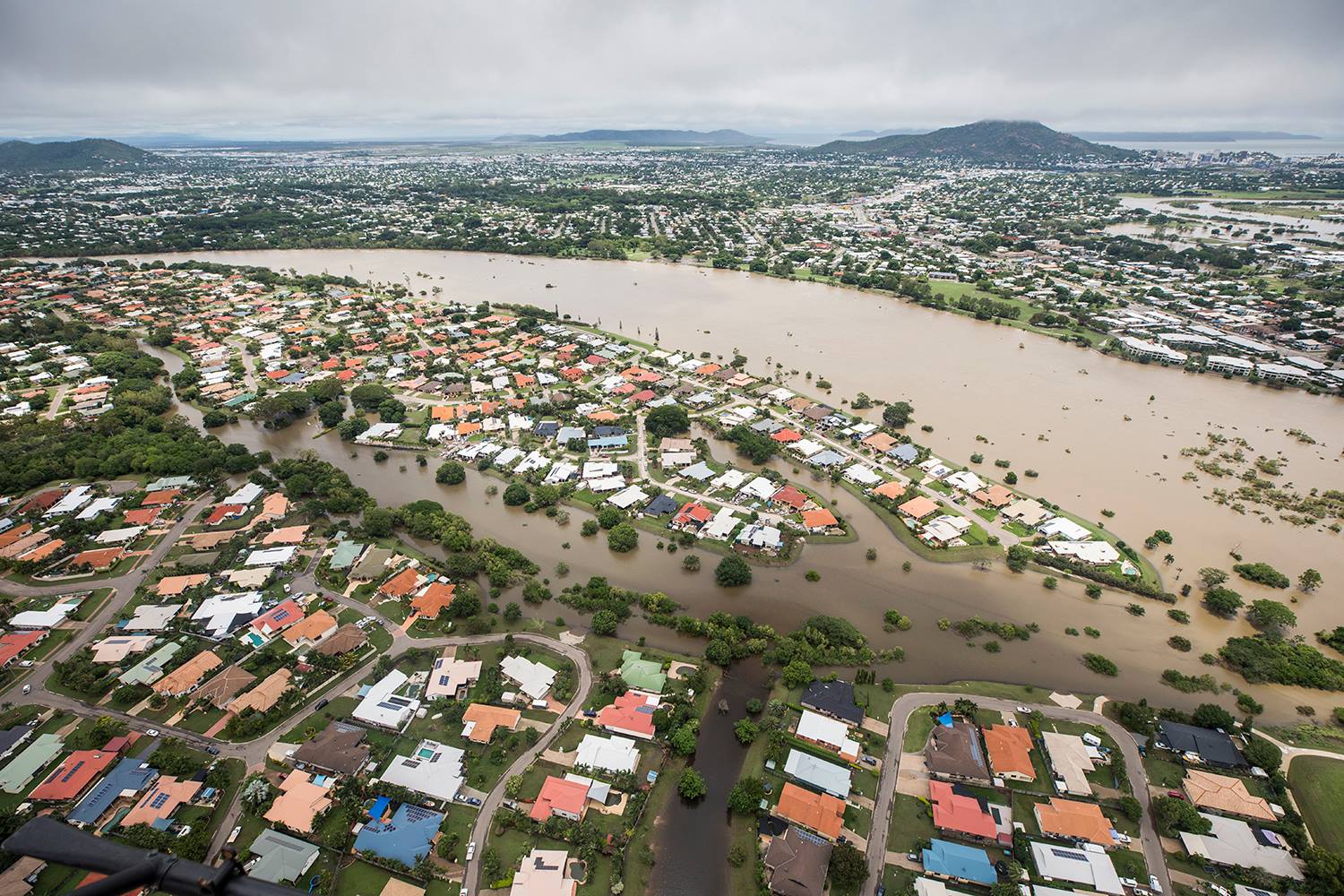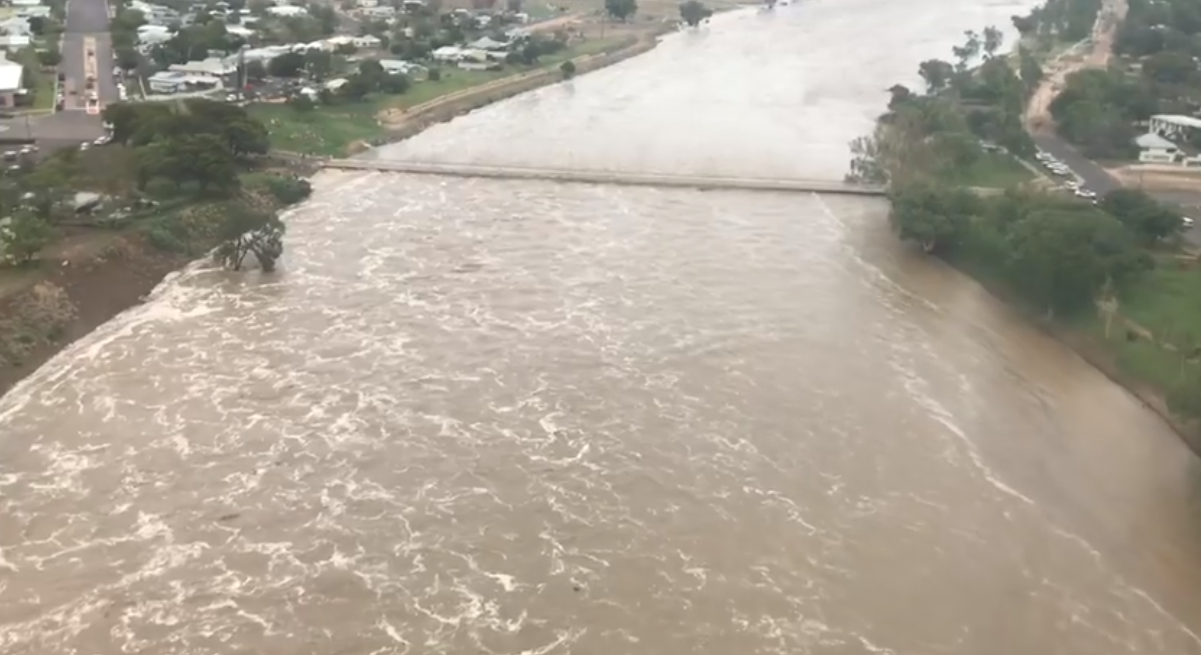An expert in small resources companies says there’s a good argument for recovering cobalt from the tailings dams at Queensland Nickel.
It revolves as much around where the future supply will be sourced as the size of the resource.
As the market grows, the producers of lithium-ion-battery powered products want to ensure a consistent supply, says Morgans Stockbroking analyst Chris Brown.
Mr Brown said end users also placed stock on reputation and both could be damaged when sourcing from an unstable supplier. An Australian-supplied resource ticked all boxes, he said.
“People like (Tesla’s) Elon Musk and obviously people moving to EVs (electric vehicles) are more ethically focused and want to make sure the product is contributing to the clean source,” he said.
“(Also) People who are going to build EVs usually want a reliable battery supplier.
“They don’t want to build a demand for a brand and in the long run find the supply of cobalt or lithium or nickel is unable to meet the market they generated.”
The emphasis for most of the 40-year life of the Yabulu plant was on nickel, with cobalt being a by-product, albeit low value, Mr Brown said.
As much as 40 per cent of the cobalt processed could have ended up in the tailings dams, pointing to a high rate of return, he said.
While the idea to retrieve the cobalt was prospective, it was far from an easy prospect, Mr Brown said.
“Traditionally, new developments are going to cost a lot more than people think they are going to cost and take a lot longer to build than people expect them to (and) take a lot longer to get to nameplate capacity than people expect them to,” he said.
“Yes, obviously, if you’ve got a big resource and you make a mess of it in the first six months you’ve got enough time to change your operating procedures and get it right, get the recoveries up to the level you are projecting.
“Interesting to say there are enough tailings around. If they put some of that into a pilot plant and get three months of stable results that’s a pretty good indication of whether there is a real business there. “
The Democratic Republic of Congo has more than half the word’s identified cobalt reserves and is the world’s largest supplier.
World demand for cobalt in 2016 was about 93,950 tonnes and it is expected to increase to 120,000 tonnes in 2020, according to Darton Commodities.
The amount of cobalt production attributed to lithium-ion batteries is expected to increase from 50 to more than 60 per cent in that time.


